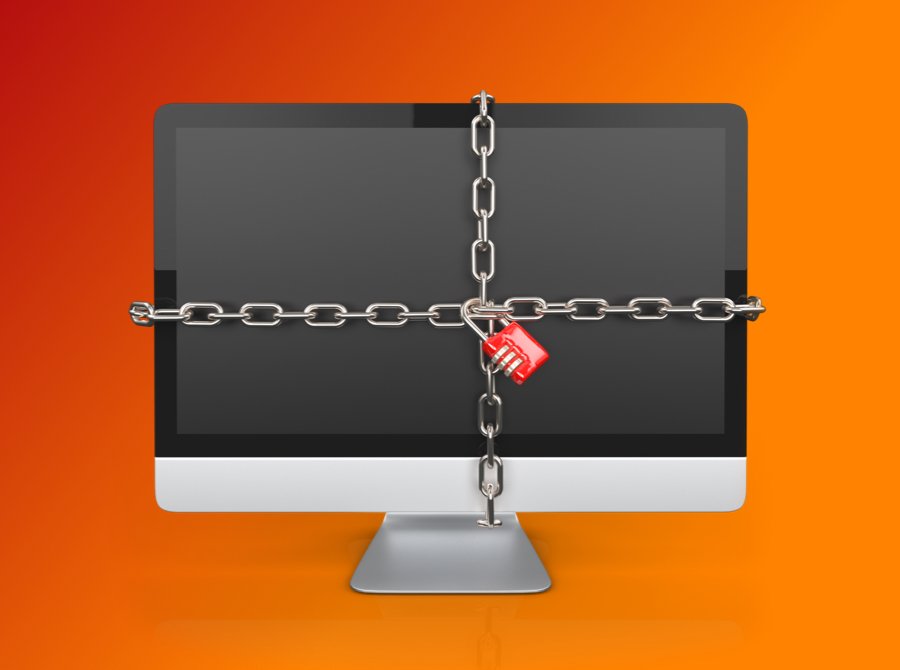Staying safe in cyberspace
The internet is part of our everyday lives. We catch up with the headlines online, check timetables, pay bills and keep in touch with friends. Danger lurks on the world wide web, however. Criminals are always trying to access personal data on computers, smartphones and tablets. If successful, an attack can cause enormous loss, not just to your devices, but to you, too. Familiarise yourself with our S-U-P-E-R tips to be on the safe side in cyberspace.

An average of around 25,000 malware attacks happen in Switzerland every month.

22% of all Swiss internet users have already been attacked by a virus or malware.

22% of all Swiss home computers do not have virus protection installed.

Almost 50% of all Swiss internet users have already been the victim of identity theft.
5 tips for your digital safety
Prevent holes in your security. Don't give hackers a chance.
“Right now, the biggest threat is ransomware. It encrypts the data on a computer, and makes the user a target for extortion.”
Ivan Bütler, founder of Compass Security
“The offer looked legit – a reasonable price, a seller who spoke good German, and a UBS account. I shouldn’t have been so trusting.”
A victim
Further information and contact points
Contact Points
Swiss Crime Prevention and the cantonal and municipal police forces (www.skppsc.ch)
«eBanking – but secure!» (EBAS) (www.ebas.ch)
National Cybersecurity Centre NCSC (www.ncsc.admin.ch)
iBarry – the internet security platform (www.ibarry.ch)
Cybercrimepolice (www.cybercrimepolice.ch)






